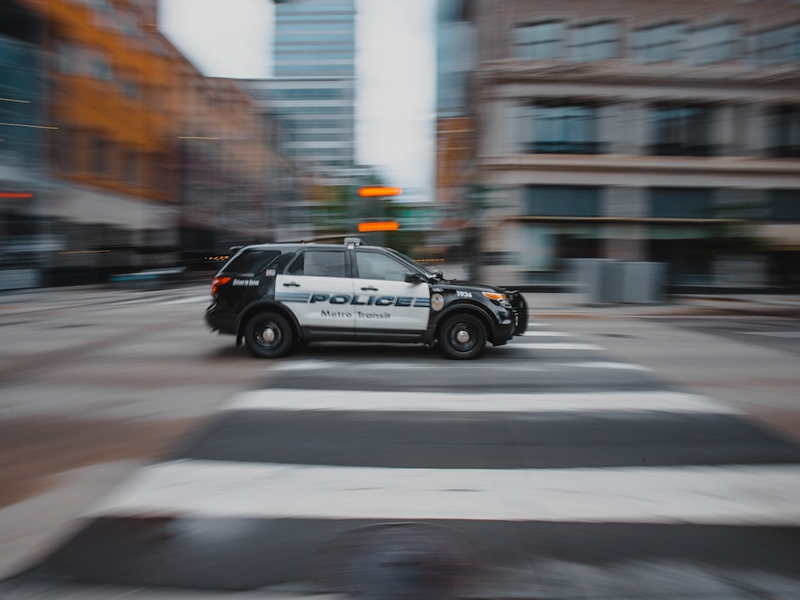Unmasking the Police: Bay Area Lawmakers Fight for Transparency

In a bold move to combat what they see as secretive law enforcement tactics, two Bay Area state senators have introduced groundbreaking legislation aimed at preventing police from hiding their identities during operations.
State Sens. Scott Wiener and Jesse Arreguin have proposed the No Secret Police Act, a bill designed to increase transparency and rebuild public trust in law enforcement. The legislation would prohibit officers from covering their faces during most operations and mandate that uniforms display clear identification.
The proposed bill comes in direct response to recent federal immigration raids in California, where law enforcement officers have been observed conducting operations while concealing their identities. Wiener emphasized the urgency of the matter, stating that these tactics create “an environment of profound terror” and undermine the fundamental principles of accountability.
Under the proposed legislation, law enforcement officers from local, state, and federal agencies would be required to keep their faces visible. The bill does include strategic exemptions, such as allowing face coverings for SWAT teams, medical-grade masks, and protective gear during wildfire emergencies.
The senators highlighted a disturbing trend of federal officers wearing jackets simply stating “Police” without providing specific identification, effectively blurring the lines between different law enforcement agencies. The proposed law would make such practices a misdemeanor, with potential consequences for agencies and individual officers who violate the transparency requirements.
This legislative effort reflects a growing movement in California to increase oversight and accountability in law enforcement. By mandating visibility and identification, Wiener and Arreguin aim to restore community confidence and ensure that police interactions are conducted with openness and respect for individual rights.
As the bill moves through the legislative process, it represents a significant step towards addressing concerns about anonymous law enforcement tactics and promoting a more transparent relationship between police and the communities they serve.
AUTHOR: mei
SOURCE: Local News Matters
























































